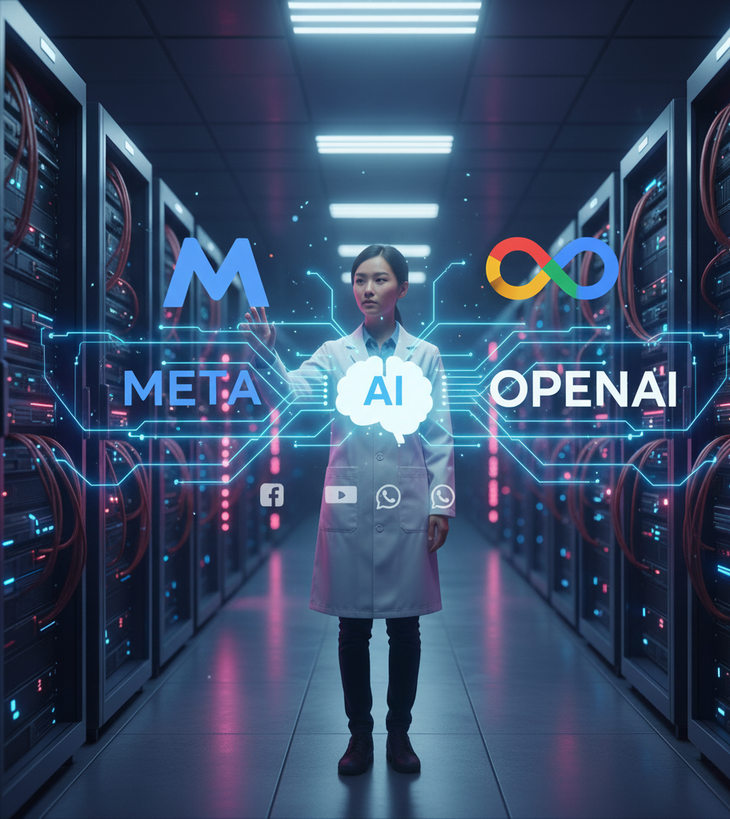
Meta is still harboring big ambitions with AI by coming up with many strategies.
For many years, Meta has focused on building a closed technology ecosystem, with the goal of complete autonomy from hardware to software.
They have invested billions of dollars in developing their own large language models (LLMs), notably the Llama line. So why are they now considering joining forces with direct competitors like Google and OpenAI?
Behind Meta's Decision
The main reason is the breakneck pace of AI. The technology is advancing faster than anyone could have predicted. Google – with its Gemini model – and OpenAI – with their GPT versions, have made incredible strides in processing natural language and generating complex responses.
And instead of waiting for Llama 5 to mature and reach parity, Meta can immediately deliver better AI experiences to users, retain them, and compete effectively with rivals. This allows the Meta team to focus on other core projects, such as developing specialized models, improving infrastructure, or integrating AI into specific products like virtual reality (VR) and augmented reality (AR).
In addition, collaboration is an effective way for Meta to evaluate the strength and capabilities of external models, thereby drawing lessons for developing its own models in the future.
Real-world impact on users and industry
If this deal goes through, users will be the first to benefit. Imagine AI on Facebook automatically summarizing posts and advising creators on content, or on WhatsApp explaining long conversations in seconds. This makes AI more useful, more personalized, and more accessible than ever.
However, AI collaboration also raises a big question mark about privacy and data. When Meta integrates models from third parties, will user data be maximally protected, or who will control, store and exploit the information? That will be a legal and communication challenge that Meta must address transparently.
In terms of the market, this move reinforces a new trend where AI is no longer a race alone, but a game of strategic alliances. Big tech companies can both compete and cooperate to shape the AI future where innovation comes not from individuals, but from a resonant ecosystem.
Meta's "super-intelligent" future
The creation of Meta Superintelligence Labs and the recruitment of top talent shows Meta's grand ambitions for autonomous AI. However, using Google and OpenAI's models could also be just a "stopgap" strategy to "buy time" until Llama 5, its next-generation model, is powerful enough to compete.
This could be a smart move. Instead of rushing out an imperfect product, Meta could use proven models to retain users and generate revenue while secretly building its own “ultimate weapon.”
This partnership could be a "prelude" to a larger battle in the future, when AI models from Meta, Google and OpenAI will go head-to-head across all digital platforms.
Source: https://tuoitre.vn/meta-dam-phan-voi-google-va-openai-hop-tac-de-tro-lai-cuoc-dua-ai-20250901162525793.htm




![[Photo] 60th Anniversary of the Founding of the Vietnam Association of Photographic Artists](/_next/image?url=https%3A%2F%2Fvphoto.vietnam.vn%2Fthumb%2F1200x675%2Fvietnam%2Fresource%2FIMAGE%2F2025%2F12%2F05%2F1764935864512_a1-bnd-0841-9740-jpg.webp&w=3840&q=75)

![[Photo] National Assembly Chairman Tran Thanh Man attends the VinFuture 2025 Award Ceremony](/_next/image?url=https%3A%2F%2Fvphoto.vietnam.vn%2Fthumb%2F1200x675%2Fvietnam%2Fresource%2FIMAGE%2F2025%2F12%2F05%2F1764951162416_2628509768338816493-6995-jpg.webp&w=3840&q=75)

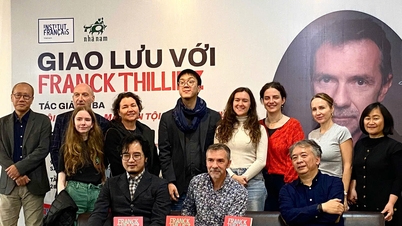





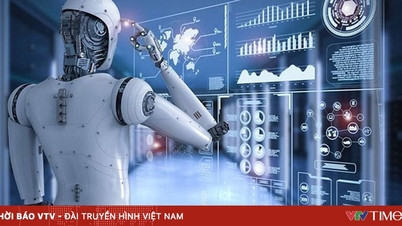









































































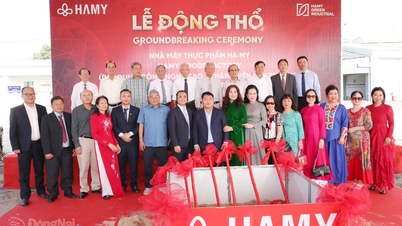


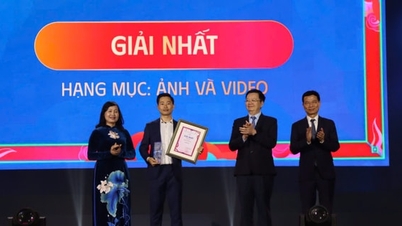


















Comment (0)